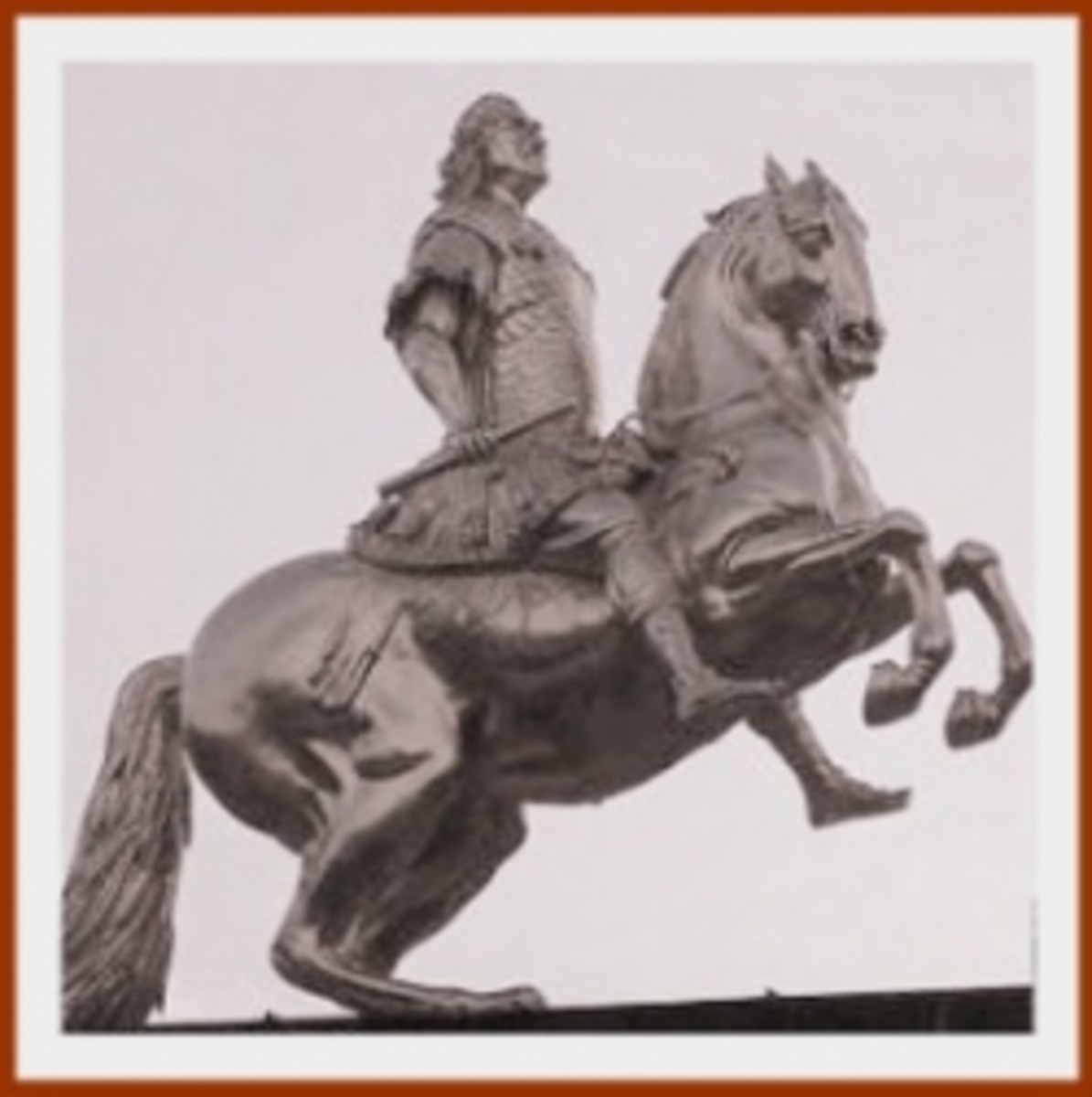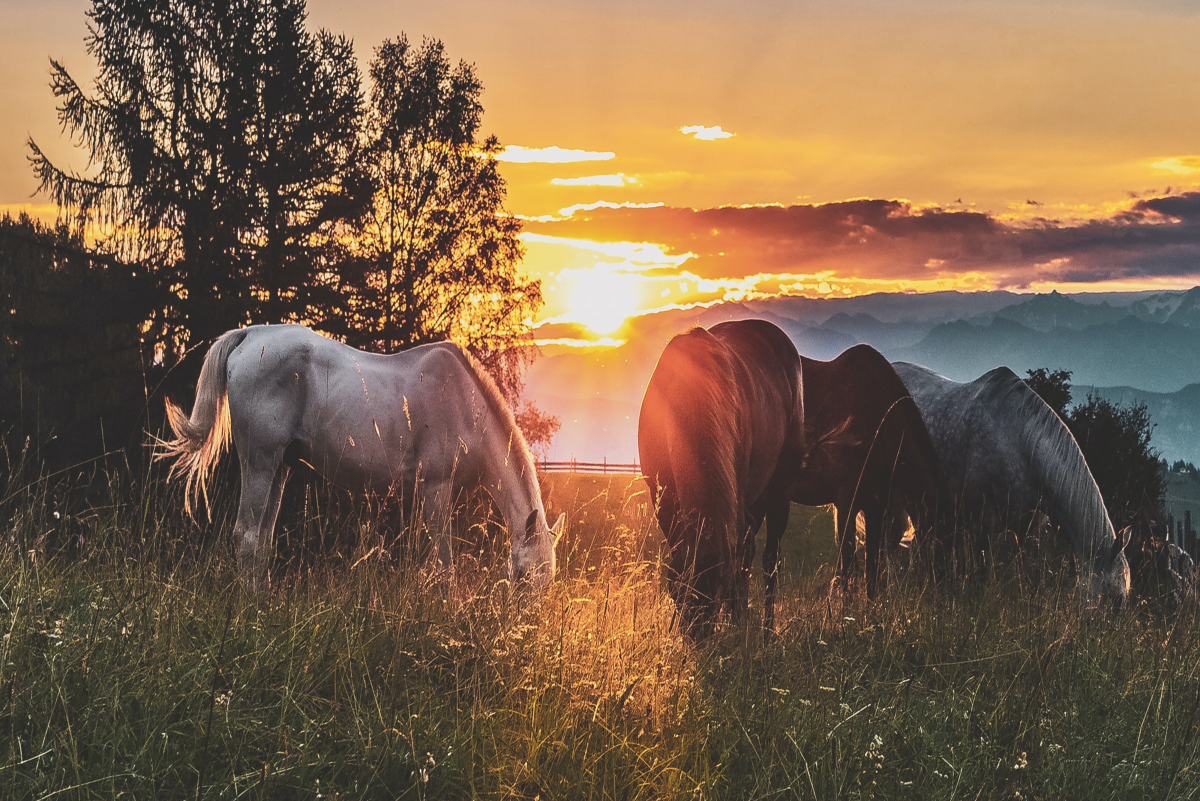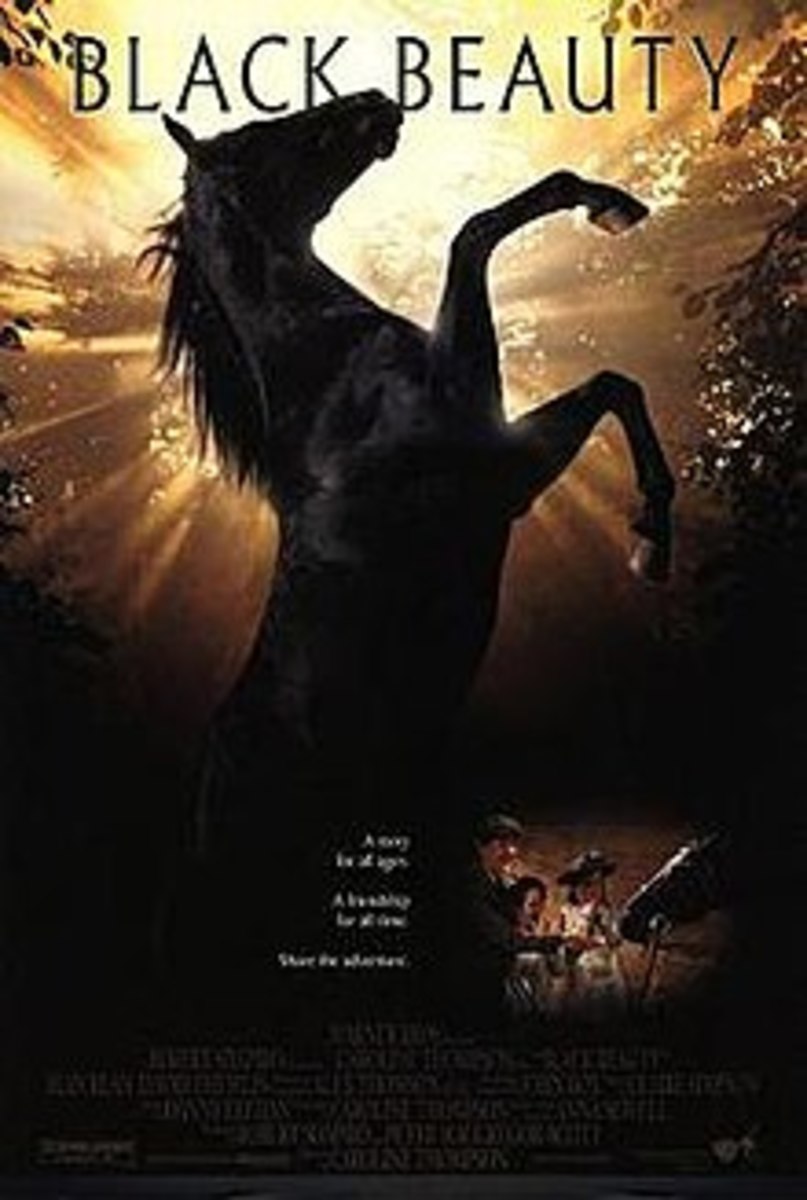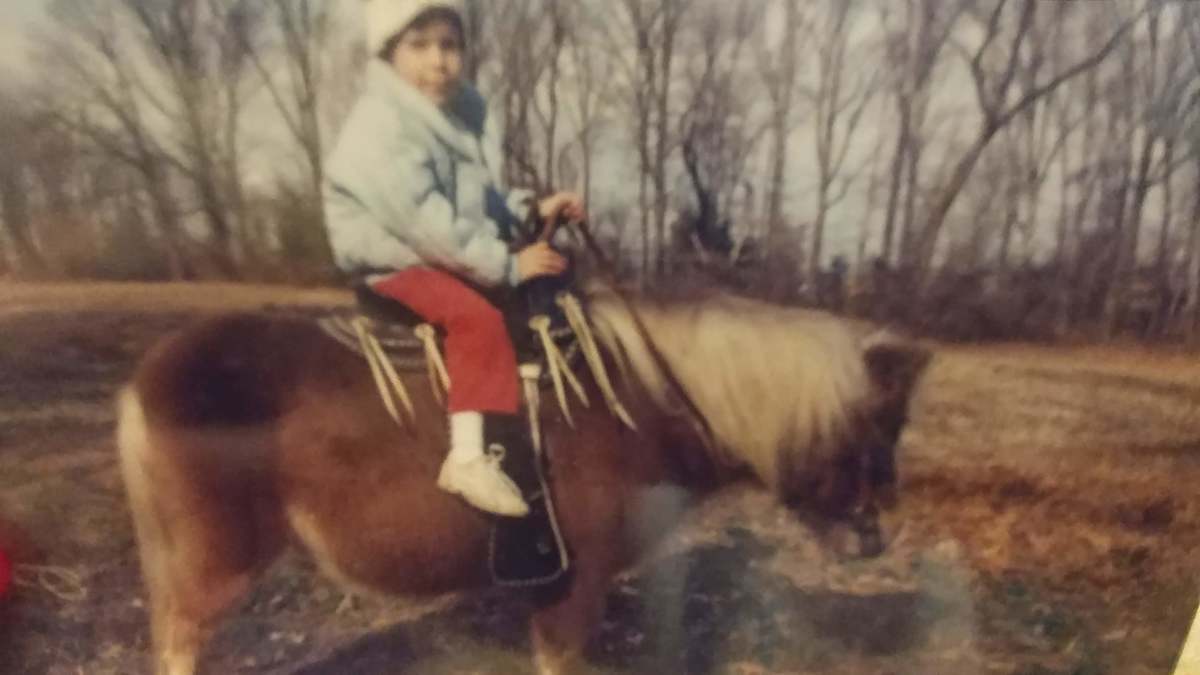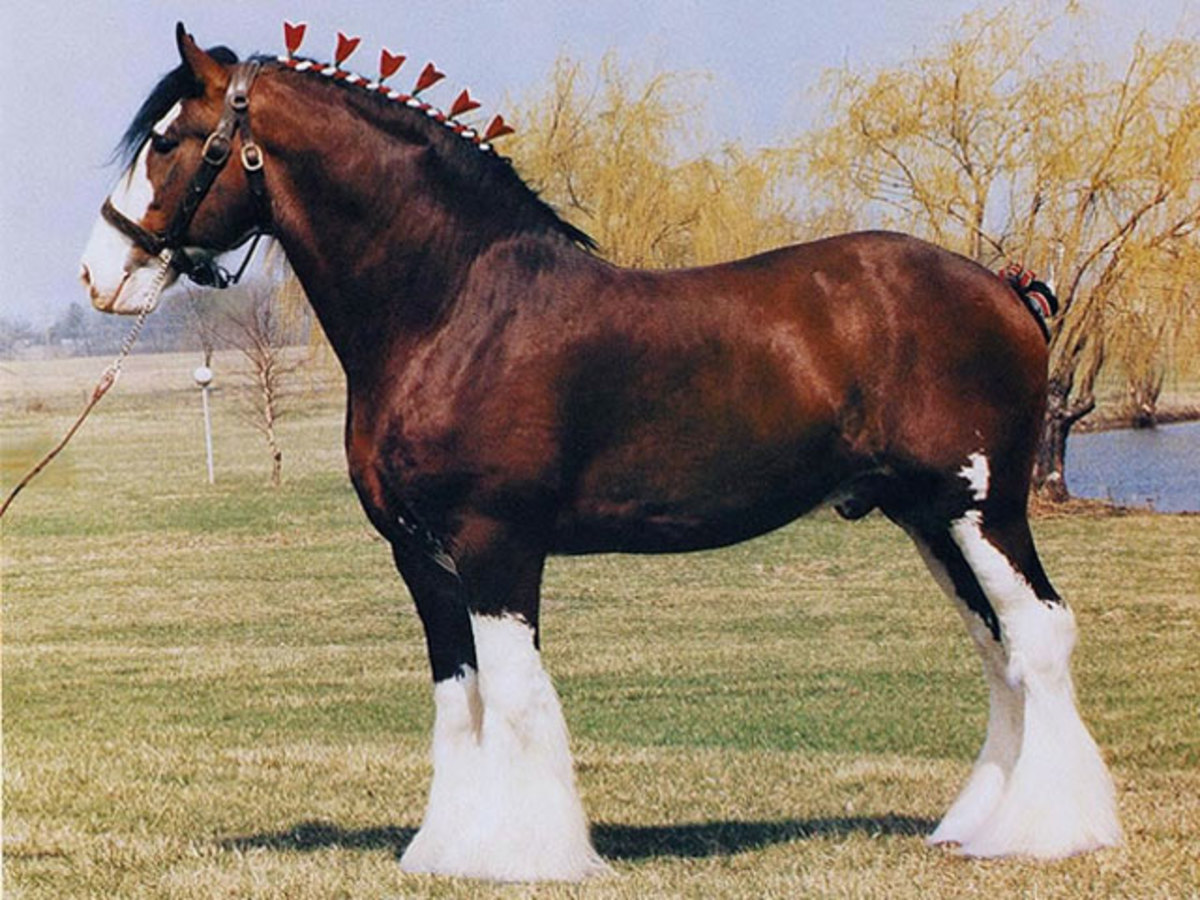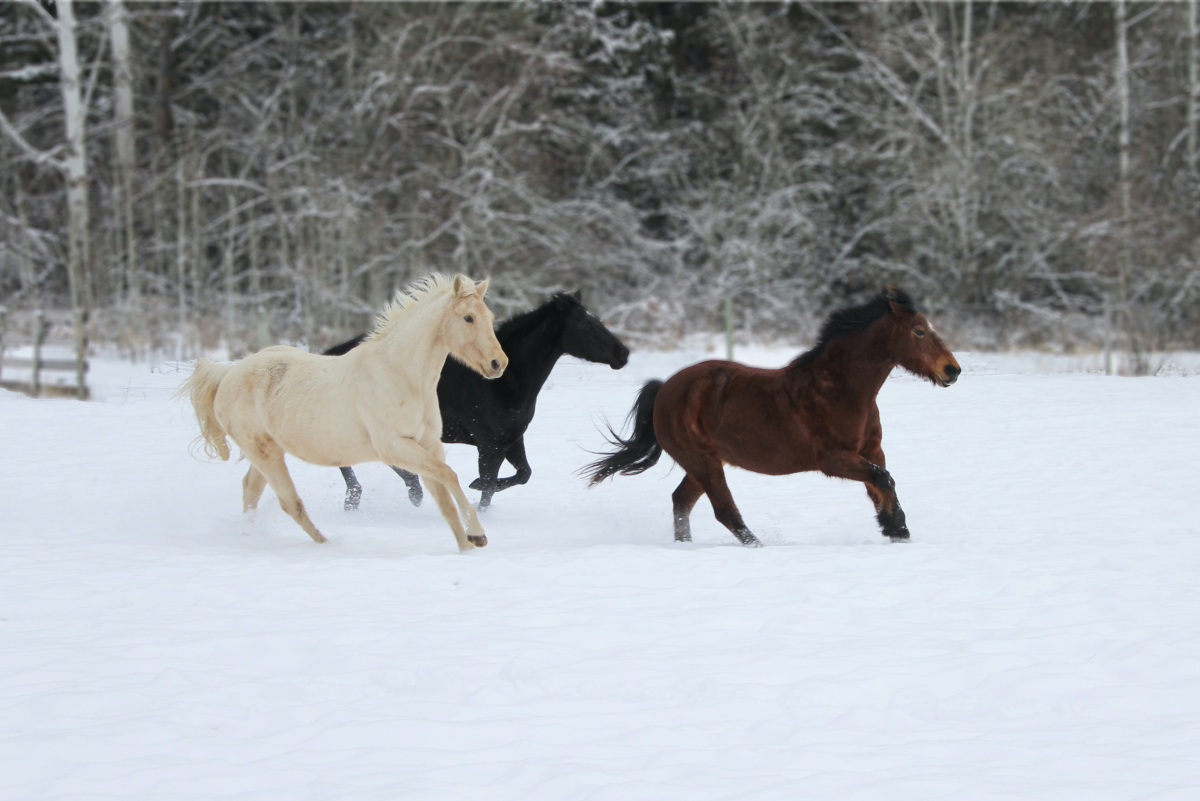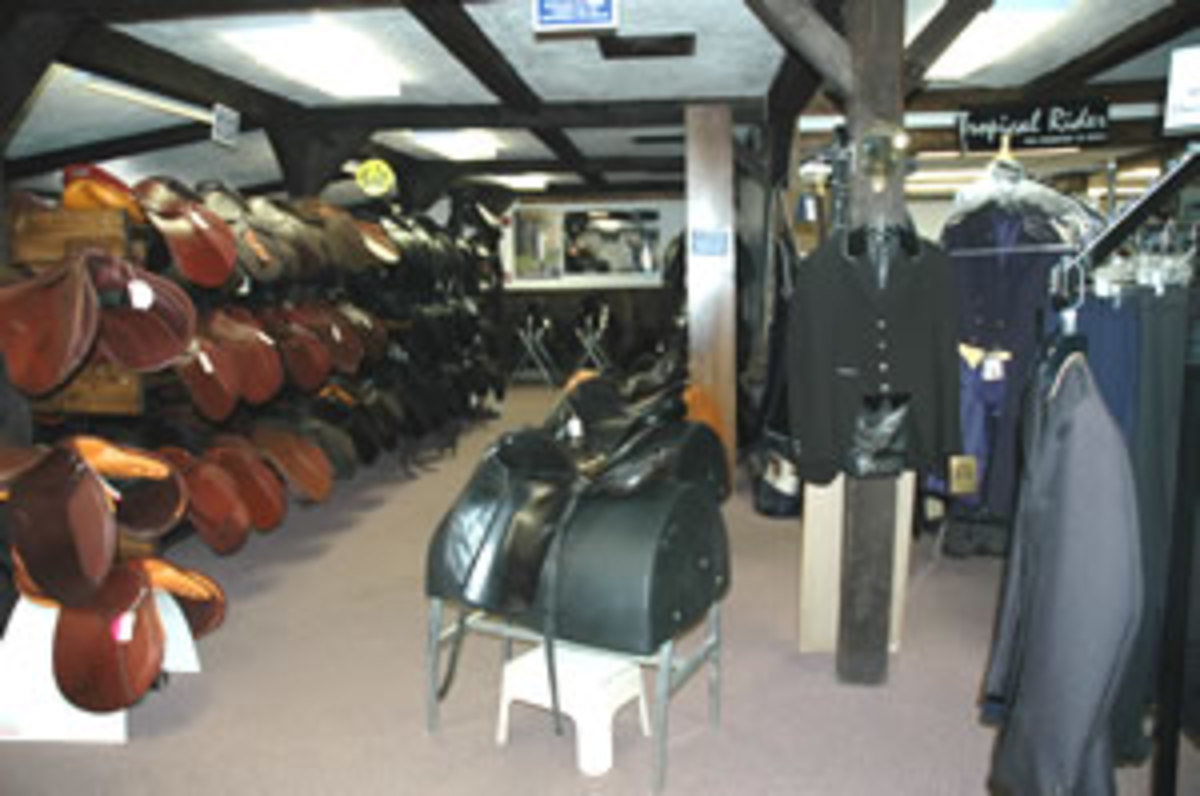What to Do When Your Horse Chokes
When Your Horse Chokes
Owning a horse that chokes is scary, and while it isn't life-threatening for the horse most of the time, if left unresolved, it can be. Luckily, there are things you can do to help your horse to resolve this issue on their own and things you can do to keep them from choking again.
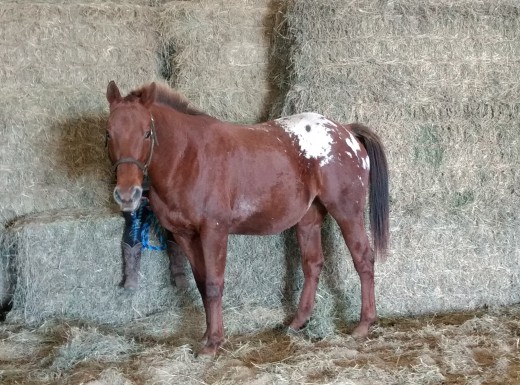
How Do You Know Your Horse is Choking?
The first time you see a horse choke, you will most likely realize something isn't right, but you won't know exactly what is wrong.
The signs may be subtle.
- The horse may just be swallowing or trying to swallow, more than normal.
- The horse may be extending her neck more than usual.
- The horse may have a look of worry in her eyes.
- The horse may make a strange growly/throat clearing noise that you haven't heard before.
Or the signs may be more dramatic.
- Food may come out their nose.
- The horse may want to drop and roll.
- The horse may cough and expel food and saliva.
- The horse may look panicked.
When Your Horse Chokes...
Most importantly... Don't panic!
What You Can do to Help a Choking Horse
First and foremost, stay calm and try to keep the horse calm. The horse very well may, after some gulps and throat stretches, clear the obstruction on her own. If she doesn't, there are some things you can do to help.
(Disclaimer: This article is meant to be informative only and not medical advice for your horse. I am not a vet. Always talk to your vet about their recommendations for care for your horse and don't just take Internet wisdom, like mine, as medical advice.)
- Massage her throat. Standing on her left side rub her hand down her esophagus. You may even be able to see or feel the bulge of stuck food. If so, gently try to help massage it down.
- Stick your finger in her ear. Yep, stick it in there. This will make her shake her head which may help dislodge the food obstruction.
- Lead her to grass and let her smell but not eat grass. The but not eat part is important! Getting her brain to think about food will get her to salivate and that may help lubricate things so the obstruction can pass, but ADDING more food to the obstruction will just make things worse.
- Call your vet. If the obstruction doesn't pass in an hour, call the vet. They will come out and pass a tube through the horse's nose, pump in water and force the obstruction out of the way. If things reach this point, it is also very likely they will want to start the horse on antibiotics to avoid pneumonia.
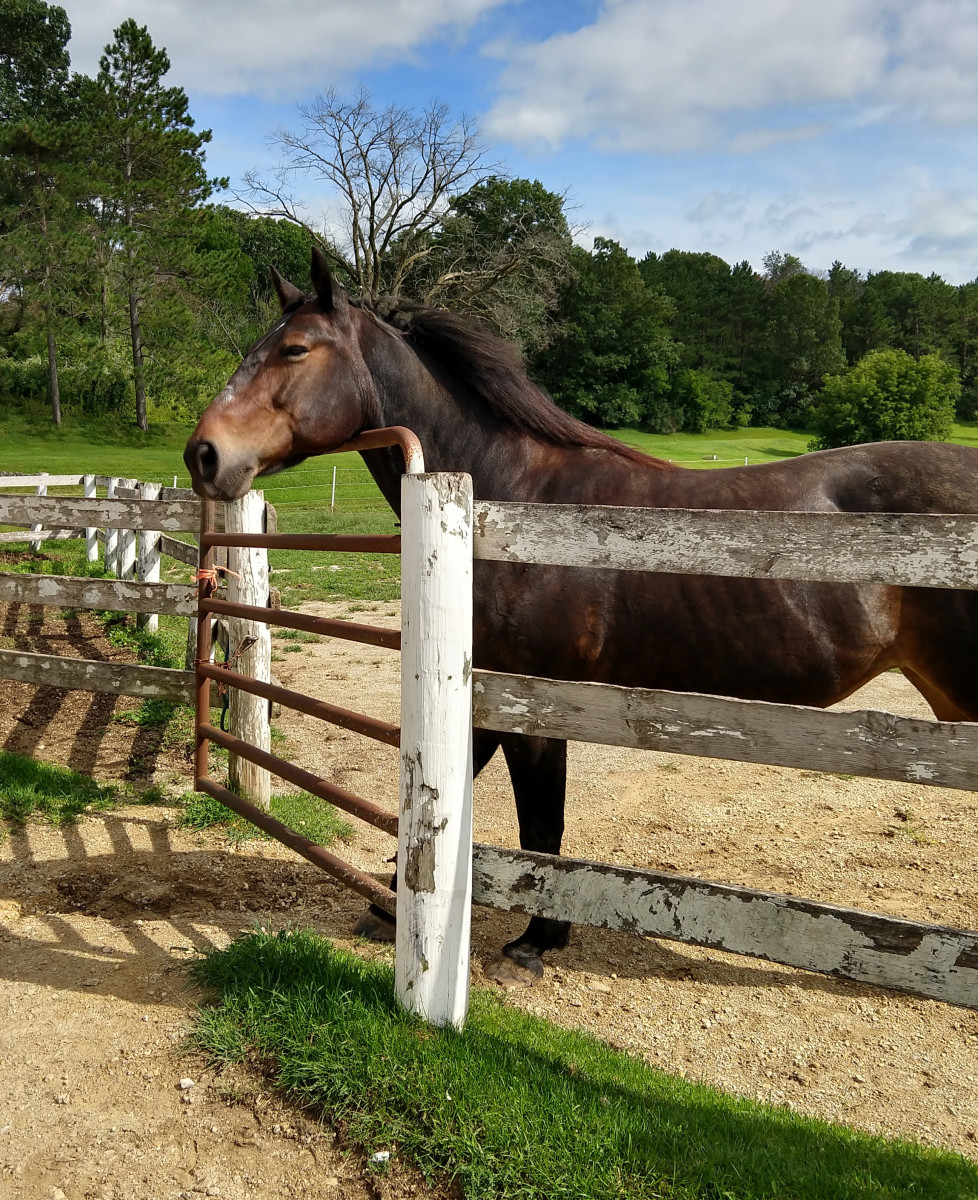
After the Choke, Now What?
If your horse has one incident of choke, you can, after a day or so, probably go back to life as normal.
For the first 24 hours...
No hay or treats or grain. The horse's throat is going to be inflamed and more susceptible to choking again until things settle down. You may even want to withhold food completely. If your horse is on pasture, you might consider turning them out with a grazing muzzle for a day or two.
After that?
It depends. Is there an obvious reason for the choke?
If so resolve it, and if there are no repeat chokes, you can go back to life as normal.
If there isn't an obvious reason for the choke, you can probably still go back to life as normal. Chances are your horse got spooked while eating to got worried that that chubby quarter horse mare was going to gobble up his share of hay. These things happen.
3 Easy Things to Check After Choke
- Your horse's teeth. Bad teeth mean your horse isn't chewing her food properly. This can cause choke.
- Your horse's life in the pasture. Does your horse have a bully of a friend who tries to steal his food? Or something scary that makes them panic mid-chew?
- What your horse choked on. Some foods just aren't horse friendly or aren't friendly to all horses.
Recurrent Chokes
What if your horse chokes again?
If your horse repeatedly chokes, you will need to do something to stop it from continuing to happen. Not only is it scary for you and the horse, it can become dangerous to the horse and expensive for you, with vet visits.
First, look at what your horse is choking on and in what circumstances.
Is she a gulper?
If so, slow her down with a hay net or a big rock in the middle of her feed pan so she has to eat around it.
Is it one food in particular that she has an issue with?
Hay cubes, for example, are notorious for causing choke if fed unsoaked. So either don't feed them to your horse or soak them.
Carrots an issue? Cut them smaller or cook them or eliminate them from your horse's diet.
Regular hay? A hay or nibble net is probably your best friend.
And if Your Horse Still Chokes?
Talk to your vet. After repeated bouts of choke, your vet will most likely want to scope your horse to look for a physical explanation.
Our Appaloosa, Rae, (pictured above) was recently diagnosed with an esophageal diverticulum. This means a huge lifestyle change for her and us. It's hard, but we love her and are working to make the dietary and lifestyle changes that will get her to a choke free or choke less life.
When the Scope is Clear
The vet may find nothing. In which case, just reassess what you have done so far and don't give up.
Raven's scope was clear and with the help of a pasture change and a hay net, she has been choke free for over a year.
Share Your Story
Have a horse that chokes? Share your story in the comments. And maybe even a picture. :)
© 2018 Lori Devoti

